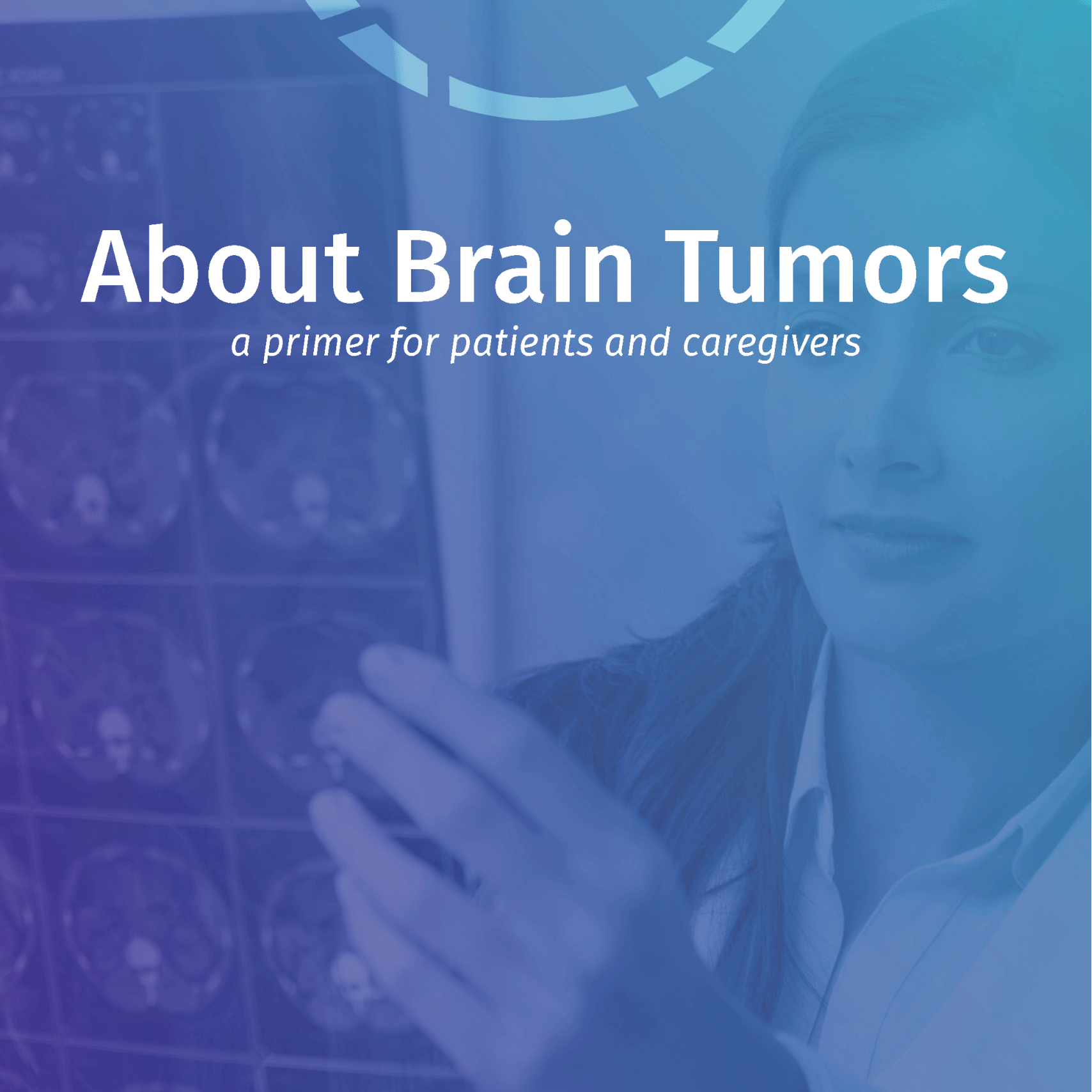Living with a brain tumor can make even the simplest daily tasks feel overwhelming. Depending on the location and type of tumor, patients may experience cognitive challenges, memory issues, fatigue, or difficulties with movement and coordination.
Treatment side effects, such as brain fog from chemotherapy or physical limitations after surgery, can add another layer of difficulty. These challenges can make managing medications, keeping track of appointments, and even communicating with loved ones more complicated. Caregivers, too, often face significant burdens as they balance supporting their loved one with their own responsibilities.
Fortunately, artificial intelligence (AI) is stepping in to help. AI-powered tools are transforming the way brain tumor patients and their caregivers manage daily life. From organizing medical information to providing emotional support, AI-driven applications can significantly ease the burdens associated with brain tumor care.
AI For Brain Tumor Patients
Medication Management
Keeping track of complex medication schedules can be challenging. AI-powered apps like MediSafe offer personalized reminders and track adherence, ensuring patients take their medications correctly and on time.
Emotional Support
Dealing with a brain tumor diagnosis can be emotionally taxing. AI chatbots, such as Dave by Belong.Life, provide real-time support by answering questions and offering guidance when healthcare professionals are unavailable.
Symptom Tracking
Monitoring symptoms and side effects is crucial for effective treatment. Keeping notes in an AI-driven platform can help you clarify your experiences and detect patterns and provide insights. You can take these notes and transform into really detailed synopses that you can share with your doctors to make informed decisions about care. A good thing about using AI for notes is that it saves your previous communications, always a good thing if you have memory issues.
AI For Caregivers
Coordination of Care
Managing appointments, treatments, and daily tasks requires meticulous organization. Apps like CircleOf and Lotsa Helping Hands enable caregivers to coordinate schedules, delegate responsibilities, and communicate efficiently with family and friends.
Health Monitoring
Ensuring the safety and well-being of patients is a top priority. Samsung’s SmartThings Family Care service allows caregivers to remotely monitor daily activity patterns and receive alerts about abnormalities, facilitating timely interventions.
Information Management
Keeping track of medical records, treatment plans, and legal documents can be overwhelming. AI-powered tools assist in organizing and retrieving important information, ensuring caregivers have access to necessary data when needed. You can even use it for simple things like finding recipes.
AI Platforms: ChatGPT vs. Claude and Other Free AI Tools
When it comes to AI language models, several free platforms can assist brain tumor patients and their caregivers in different ways.
- ChatGPT (OpenAI): Known for its versatility, ChatGPT can assist with drafting messages, answering questions, and providing explanations on a wide range of topics. It is widely used for generating human-like text based on input prompts, making it helpful for composing emails, summarizing medical information, and answering general inquiries.
- Claude (Anthropic): Developed by Anthropic, Claude emphasizes safety and adherence to ethical guidelines. It is designed to provide helpful and accurate information while minimizing the risk of harmful outputs. It tends to focus on long-form, structured responses, making it ideal for those who need clear, in-depth explanations.
- Gemini (Google DeepMind): Gemini, formerly known as Bard, is another AI assistant designed for quick and reliable information retrieval. It integrates seamlessly with Google Search and other Google services, making it useful for finding reputable sources on brain tumor treatments, symptom management, and support communities.
- Microsoft Copilot: Integrated into Windows and Microsoft products, Copilot can assist with task automation, document organization, and answering technical or medical questions through Bing-powered searches. Caregivers can use it to streamline daily planning and documentation.
- Perplexity AI: This AI specializes in fact-based and source-driven responses, making it useful for those looking for evidence-based medical insights. Unlike ChatGPT and Claude, which generate more conversational responses, Perplexity AI focuses on citing sources, making it a strong choice for caregivers and patients researching treatments.
- Replika: A chatbot designed for emotional support, Replika can provide companionship for patients who may feel isolated due to their diagnosis. While it does not offer medical advice, it can serve as a source of daily encouragement and interaction.
Each AI platform has its strengths, and patients and caregivers can choose the one that best suits their needs. While AI can be an invaluable tool, it is important to use these platforms as supplements to professional medical advice, not replacements.
Incorporating AI into the daily routines of brain tumor patients and their caregivers can lead to more organized, informed, and supportive care experiences. As AI technology continues to evolve, its role in healthcare is poised to expand, offering even more innovative solutions to those in need.



























